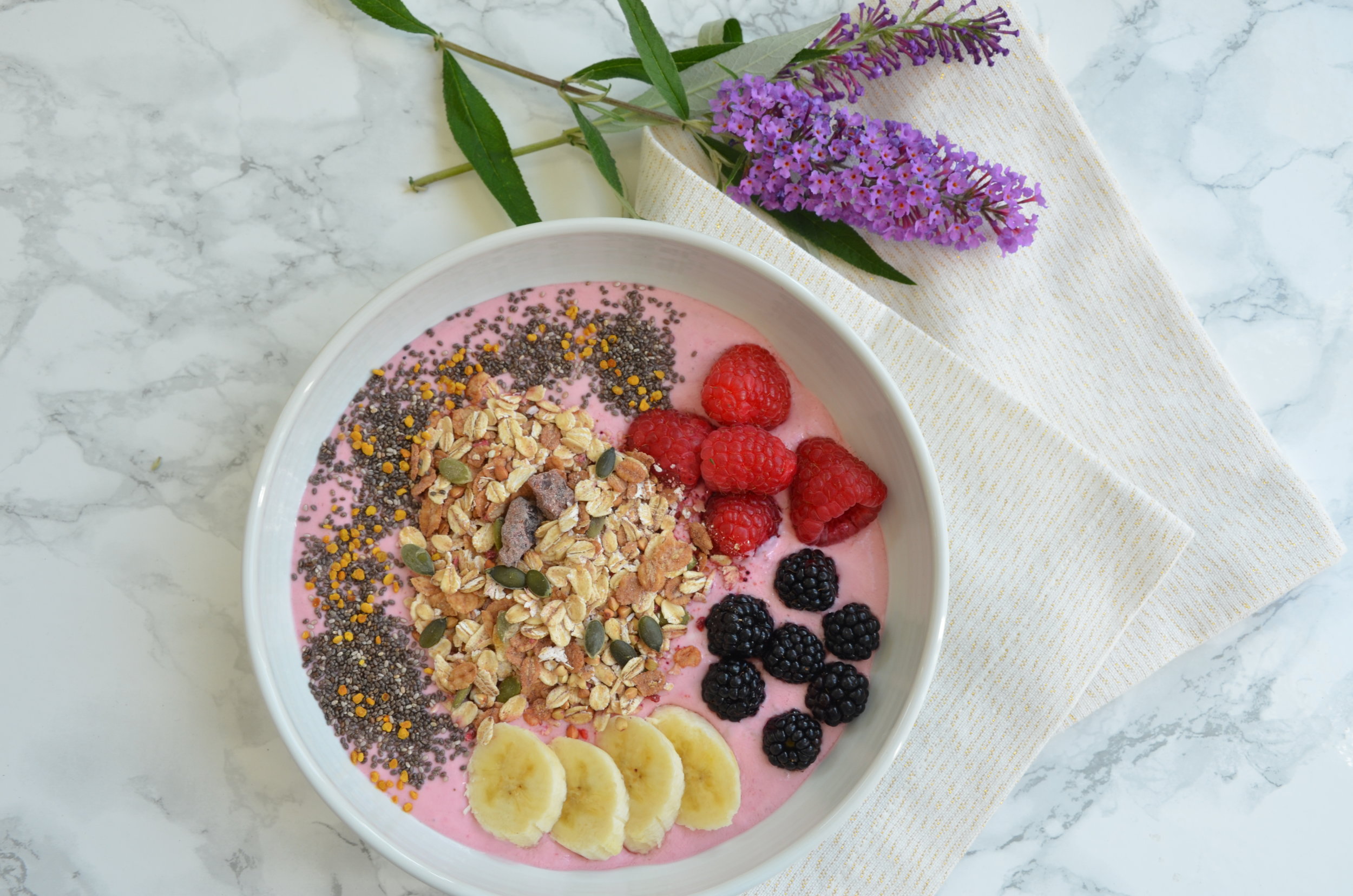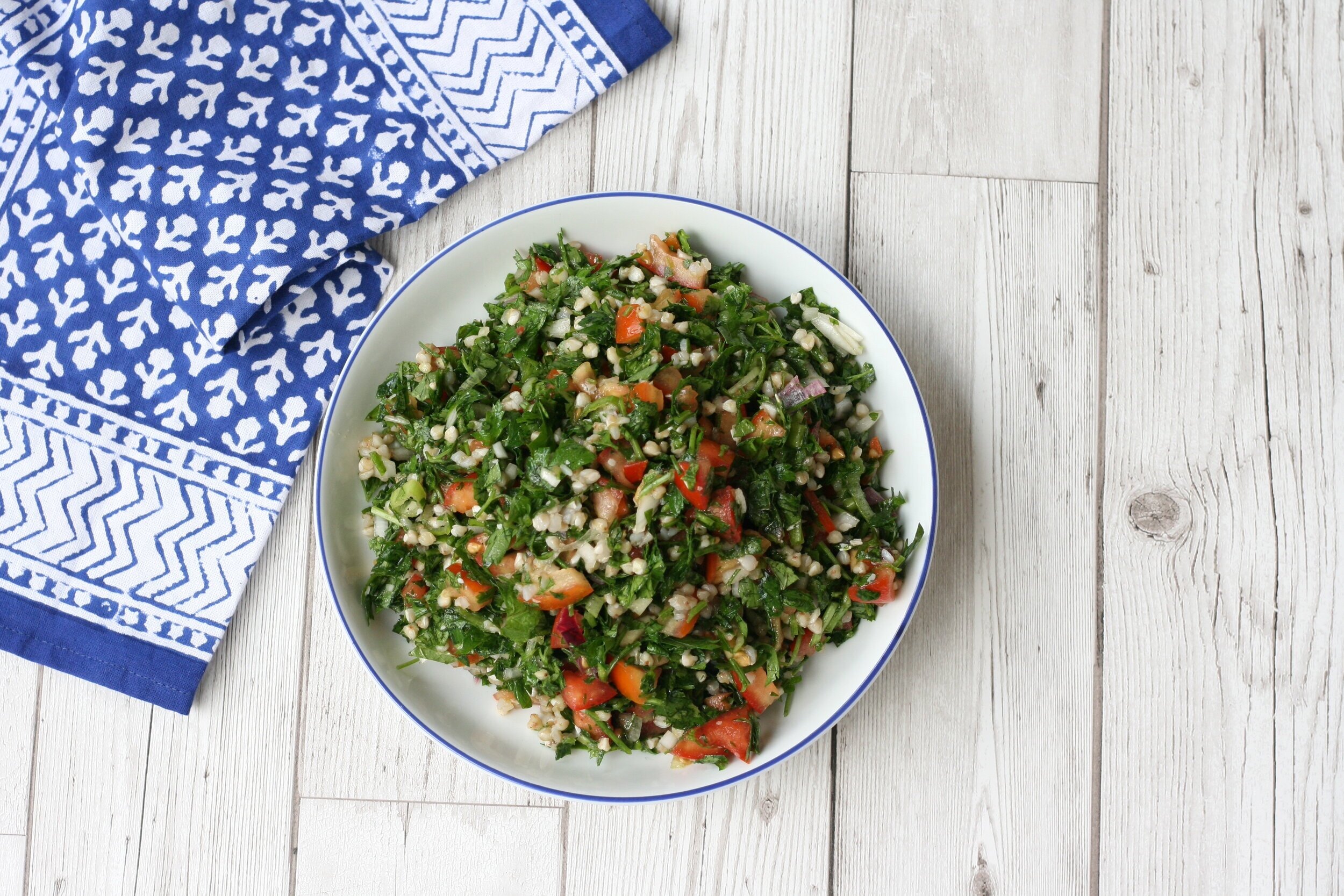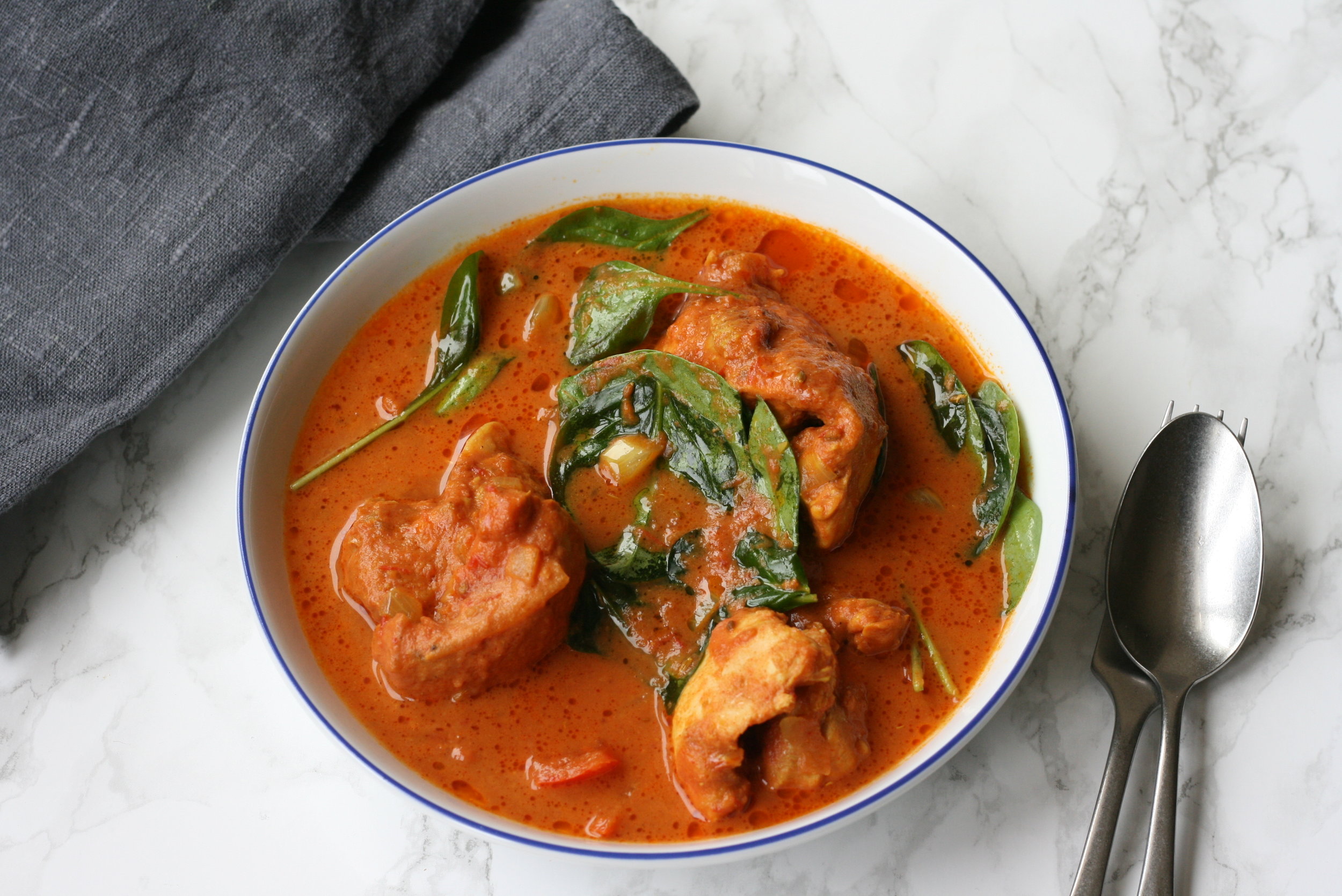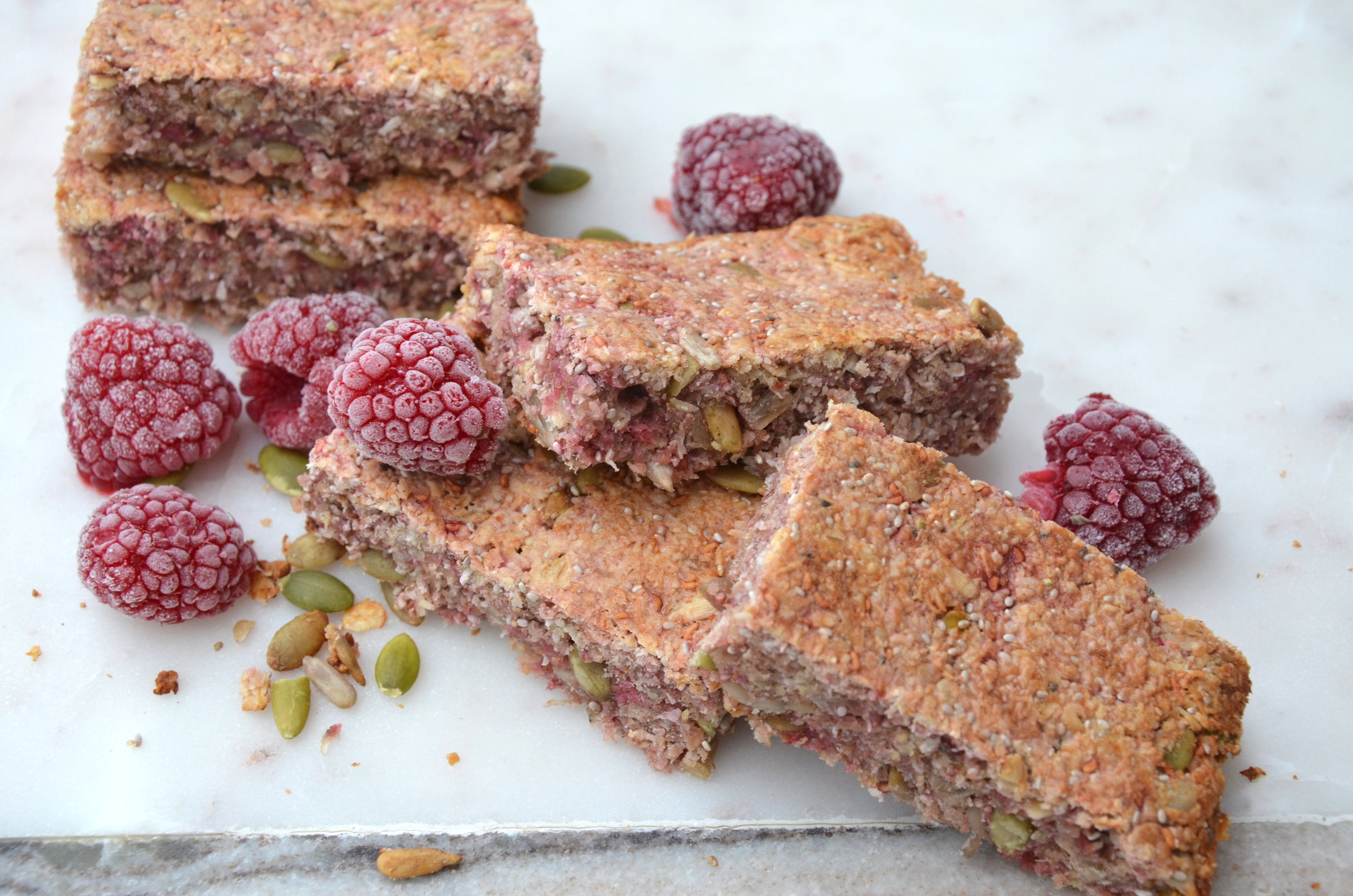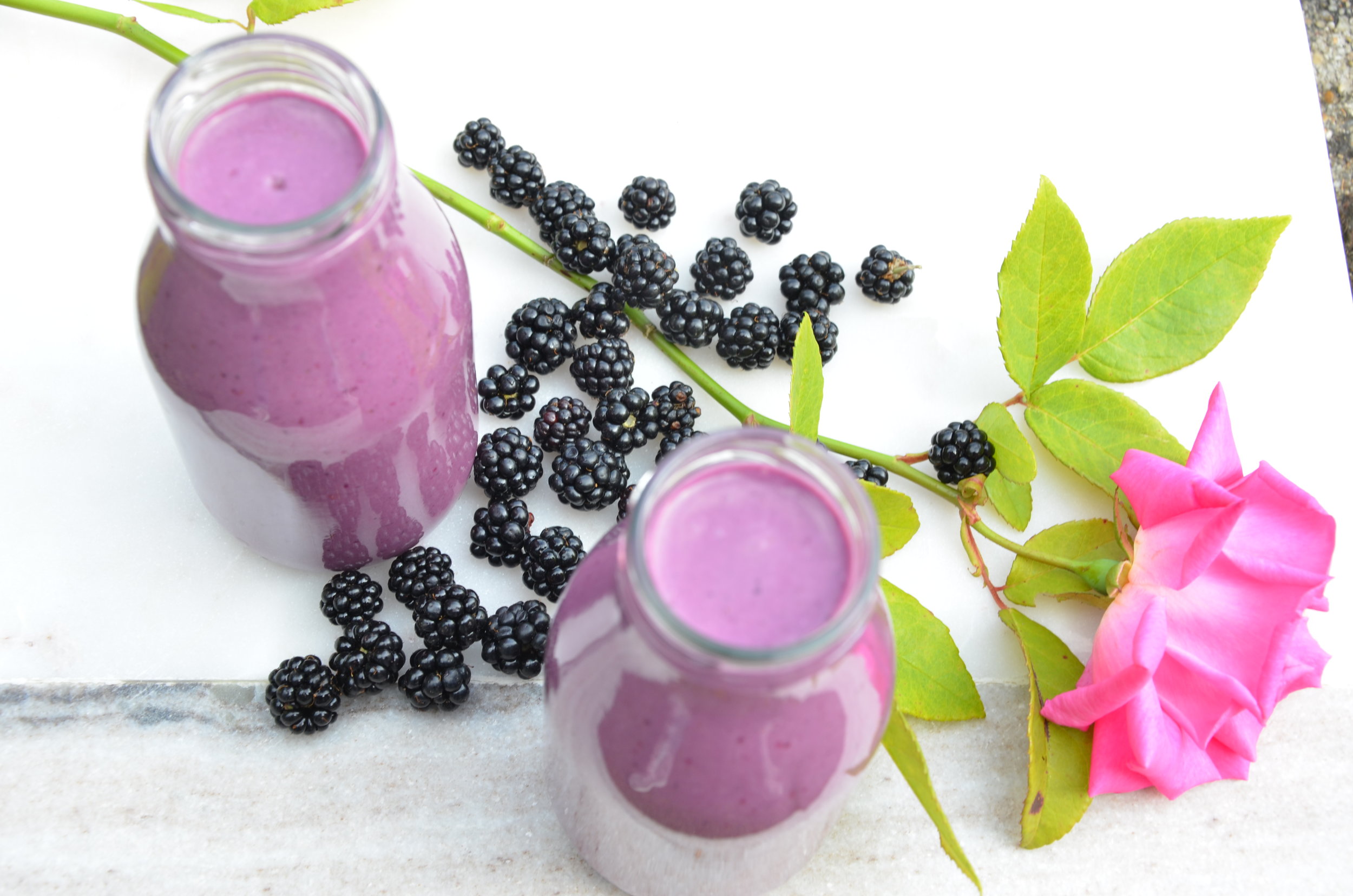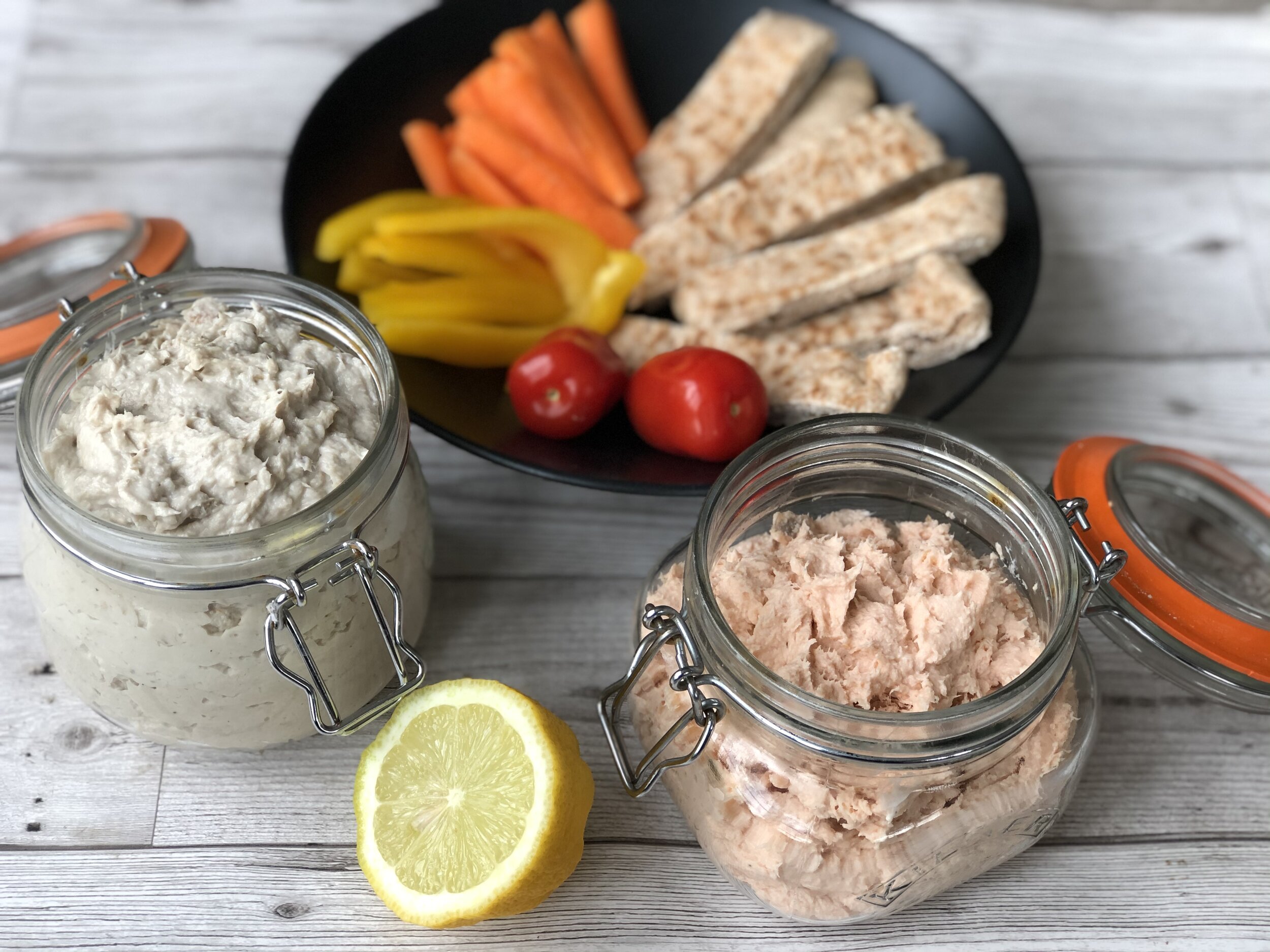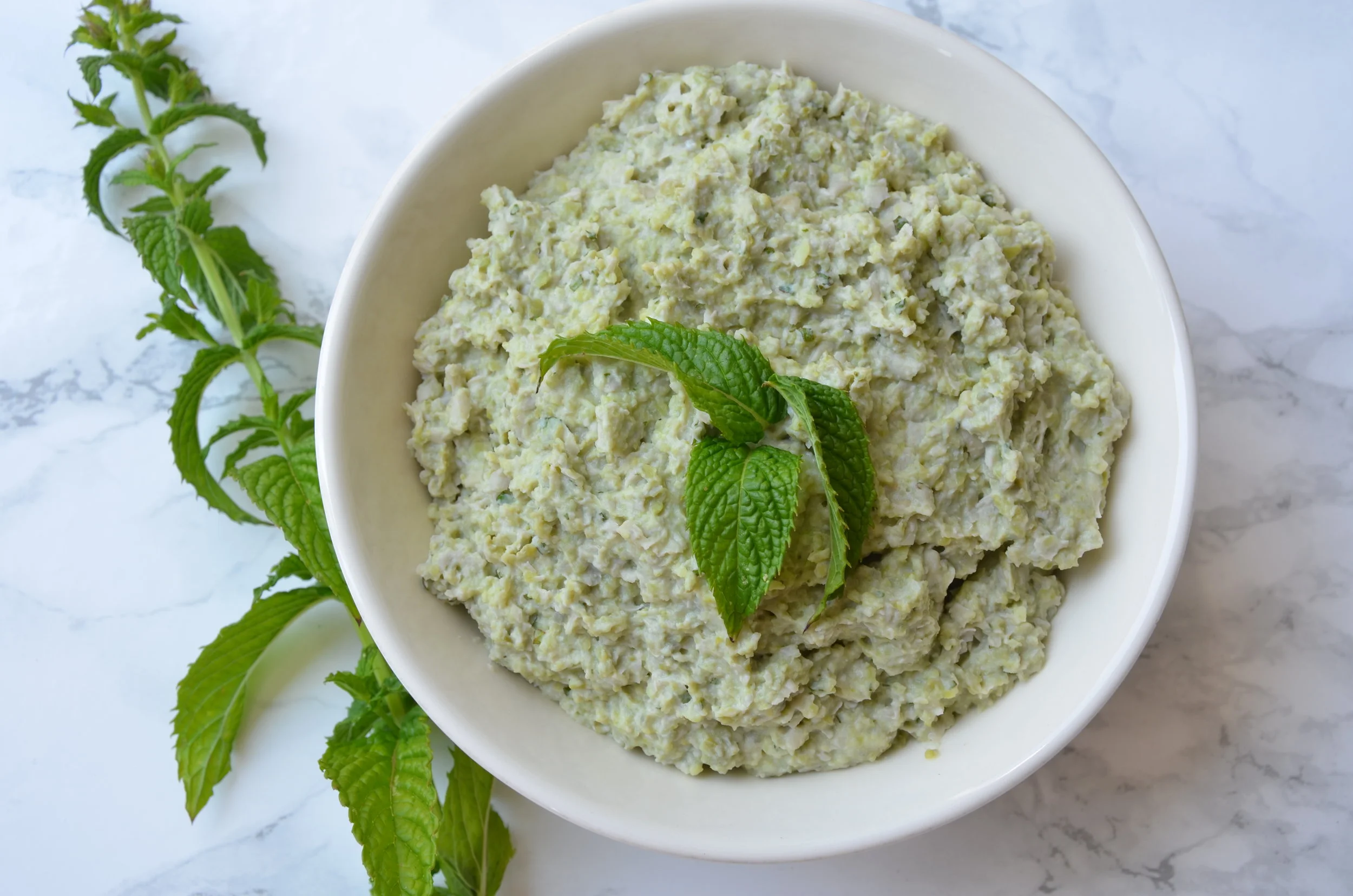Let's talk about fat
For those of us growing up in the 70s, 80s and 90s we were told that eating a low fat diet was healthy and we switched from high fat butter to margarine, full fat milk to skimmed milk and we stopped drizzling oil and butter on our salads and vegetables. Thankfully those days are now behind us and finally the message that eating low fat is healthy is starting to be replaced by the message that eating healthy fats is good for you. However, I still find there are many people that cling onto eating a low fat diet and have a fear of eating any fat. The idea that eating fat makes us fat was first touted in the 1950s and since this low fat message we have seen a rise in obesity, a rise in dementia-related illnesses and a rise in heart conditions.
Eating fat doesn’t make you fat
It’s certainly understandable why fat was demonised. After all fat contains nine calories per gram while carbohydrates contain only four calories per gram. So therefore surely eating fat will make us put on more weight? Actually no, our bodies are complex and it’s been found that those that eat more fat compared to an identical amount of carbohydrates actually burn more calories. Yes, eating fat helps your burn more calories. Also eating healthy fats shuts off your brain’s hunger signals and so you don’t feel hungry. I know that when I used to eat a carbohydrate based breakfast such as cereal or toast then I was hungry by mid-morning. However if I eat a fat and protein based meal such as eggs and avocado or vegetables then I can keep going for so much longer. Another benefit of increasing healthy fats is that a recent study found that adding about two tablespoons of olive oil to your vegetables and greens increased absorption of the nutrients, in particular alpha and beta carotene, lutein, lycopene, vitamin E and vitamin K.
The real culprits in the rise of obesity and other health conditions are not the healthy fats – but the sugar and refined carbohydrates. When food manufactures removed the fat in order to make the meal ‘low fat’ they had to replace the fat with something. They replaced it with sugar or refined carbohydrates. If you look at the ingredient list of a yoghurt on a supermarket shelf, the low fat one will contain more sugar. We now know that sugar and refined carbohydrates cause inflammation in the body, which increases the risk of all heart diseases, type 2 diabetes and obesity and increases the risk of dementia and premature death.
Incorporating healthy fats into your diet
Healthy fats such as olive oil, avocado, nuts, seeds, wild fish, eggs are delicious and should be incorporated into everyone’s diet on a daily basis. Eating a full fat diet is very easy. I often have whole eggs (no egg white omelette for me) cooked in grass fed butter and a serving of vegetables or avocado for breakfast. Lunch is then a large vegetable heavy salad with perhaps some sardines or wild salmon with a dressing made from olive oil and sprinkled with fat rich pumpkin seeds or sunflower seeds. For supper I might have a casserole with a side of vegetables that have been drizzled in olive oil. Changing from a low fat diet to a higher fat diet has caused me to shed weight while not increasing the exercise. Not only do I look better, but I feel so much better too. More alert, more energy and no more mid-afternoon slump.

